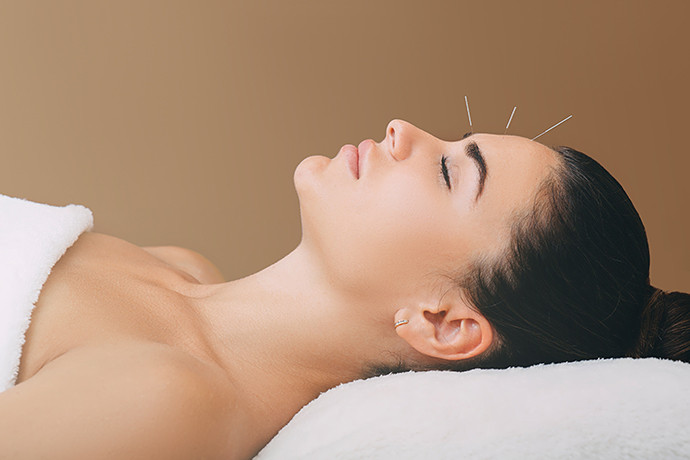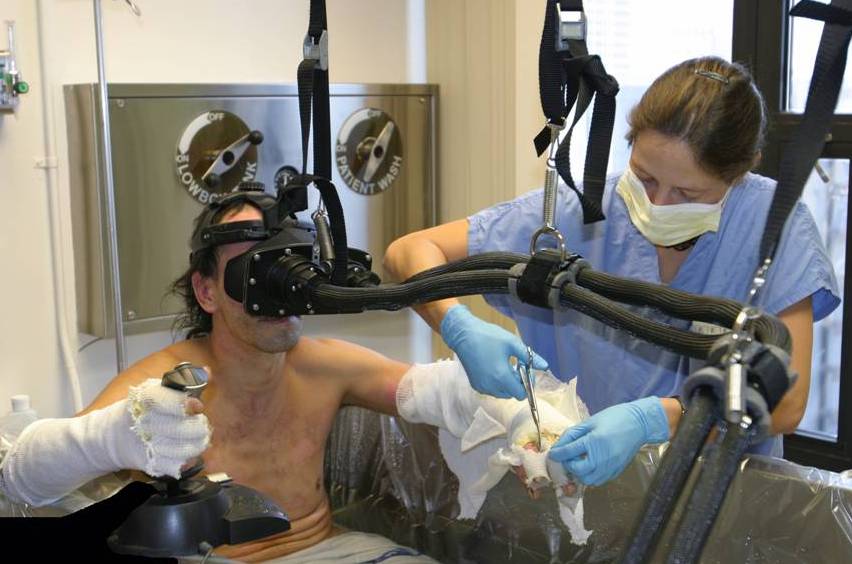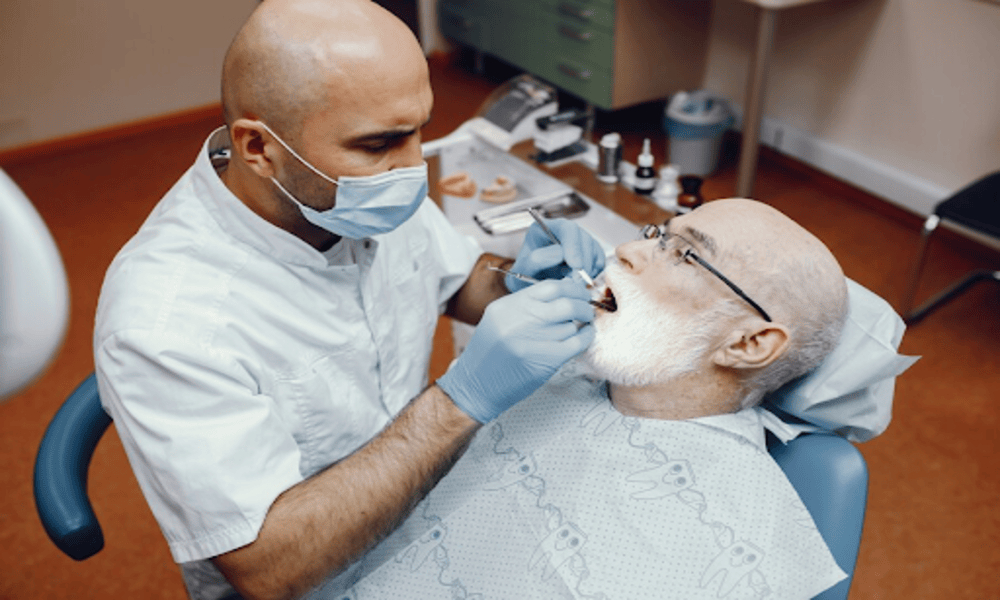Insomnia can be a troubling condition. It disrupts sleep and affects daily life. We have found acupuncture to be a useful option. This ancient practice can help treat insomnia by promoting relaxation and balance. The idea of acupuncture may seem unfamiliar to some, but it’s been used for centuries. It has helped not only with sleep issues but also with conditions like sports injuries new york. This guide will explore how acupuncture may offer relief for those struggling with insomnia.
Understanding Insomnia
Insomnia is more than just a lack of sleep. It affects concentration, mood, and overall well-being. Many factors contribute to insomnia, including stress, anxiety, and lifestyle habits. Finding effective treatments can be difficult. Traditional methods include medication and behavioral therapy. However, acupuncture offers a natural way to address the root causes of sleep disturbances.
How Acupuncture Works
Acupuncture involves inserting thin needles into specific points on the body. This practice aims to restore the body’s natural energy flow. While the exact science is still being explored, many believe it stimulates nerves and muscles, promoting healing. The balance of energy, or “Qi,” is central to acupuncture. By correcting imbalances, acupuncture may help improve sleep patterns.
Benefits of Acupuncture for Insomnia
Acupuncture offers several benefits for treating insomnia:
- Promotes relaxation, reducing stress and anxiety.
- Improves sleep quality by addressing underlying issues.
- Offers a non-medication approach with minimal side effects.
Research supports these benefits. A study published by the National Institutes of Health found that acupuncture significantly improved sleep quality in participants with insomnia. This makes it a viable option for those seeking alternative treatments.
Comparing Acupuncture with Other Treatments
To understand acupuncture’s effectiveness, it’s helpful to compare it with other treatments:
| Treatment | Pros | Cons |
|---|---|---|
| Acupuncture | Natural, minimal side effects, holistic | Requires multiple sessions, not covered by all insurance |
| Medication | Quick relief, widely available | Side effects, risk of dependency |
| Behavioral Therapy | Addresses root causes, long-term benefits | Time-consuming, requires professional guidance |
What to Expect from an Acupuncture Session
For those new to acupuncture, sessions are usually straightforward. Initial consultations help determine the specific needs and focus areas. Once comfortable, thin needles are inserted into the skin. Most experience little to no pain. Sessions often last about 30 minutes. Many report feeling relaxed and refreshed afterward. It’s important to communicate with the practitioner to ensure a comfortable experience.
Finding a Qualified Practitioner
Choosing a qualified acupuncturist is vital for safe and effective treatment. Look for licensed professionals with experience in treating insomnia. Resources like the National Center for Complementary and Integrative Health provide useful information on finding and verifying practitioners. Reading reviews and asking for recommendations can also help.
Conclusion
Acupuncture offers a natural and effective way to treat insomnia. By promoting relaxation and addressing imbalances, it provides relief for many struggling with sleep issues. While it may not replace traditional treatments, it serves as a valuable complement. Those considering acupuncture should consult with a healthcare provider to determine if it’s the right choice. With the right approach, better sleep can be within reach.





